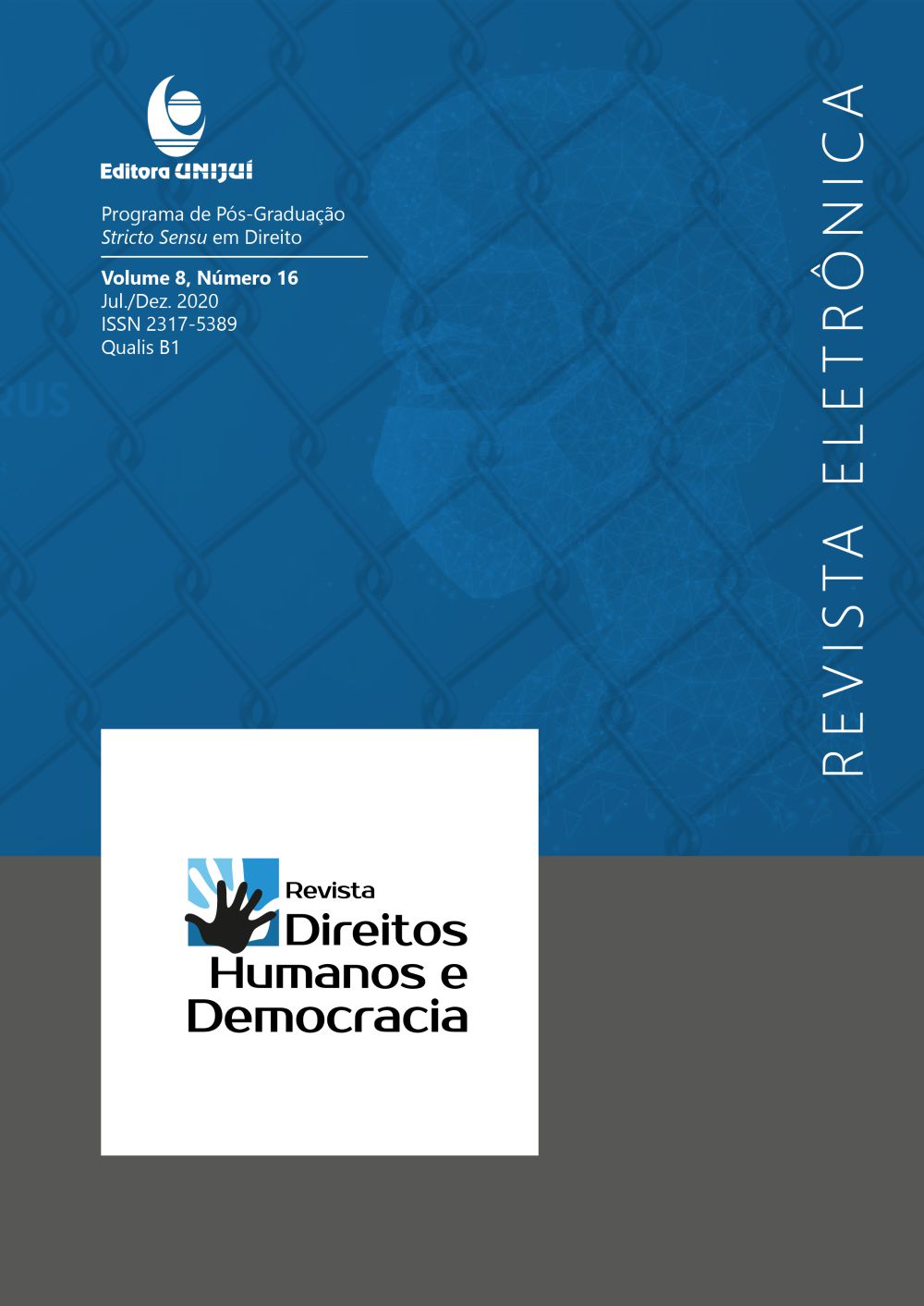PROVISIONAL RELEVANCE AND TAILORED URGENCY: CONCEPTUAL PARADOXES IN THE MODERN BRAZILIAN JURIDICAL AND POLITICAL CONJUNCTION
DOI:
https://doi.org/10.21527/2317-5389.2020.16.296-310Keywords:
Keywords: Constitution. Society. Provisional Measures. Relevance. Urgency.Abstract
The present study intends to adjudge the definition of the constitutional presumptions of relevance and urgency in provisional measures under social and political perspectives. Prescribed in Article 62 of the 1988 Constitution of the Federative Republic of Brazil, interim measures are an instrument of exceptionality to be used by the Head of the Executive Branch to edit standards with status of law for situations of relevance which demand urgency. This paper draws attention to the monitoring of compliance with these requisites in the current timeframe and, consequently, the proper use of this normative instrument, considering the contumacious diagnostic that the legislative authority from the Executive Branch of this body is somehow misused as a governmental instrument.
Keywords: Constitution. Society. Provisional Measures. Relevance. Urgency.
Downloads
Published
How to Cite
Issue
Section
License
By publishing in the Revista Direitos Humanos e Democracia, authors agree to the following terms:
Articles are licensed under the Creative Commons Atribuição 4.0 Internacional (CC BY 4.0), which allows:
Share — copy and redistribute the material in any medium or format;
Adapt — remix, transform, and build upon the material for any purpose, including commercial use.
These permissions are irrevocable, provided the following terms are respected:
Attribution — authors must be properly credited, with a link to the license and indication of any modifications made;
No additional restrictions — no legal or technological measures may be applied that restrict the use permitted by the license.
Notices:
The license does not apply to elements in the public domain or covered by legal exceptions.
The license does not grant all rights required for specific uses (e.g., image rights, privacy, or moral rights).
The journal is not responsible for opinions expressed in the articles, which remain the sole responsibility of the authors. The Editor, with the support of the Editorial Committee, reserves the right to suggest or request modifications when necessary.
Only original scientific articles presenting research results of interest, not previously published or simultaneously submitted to another journal with the same purpose, will be accepted.
References to trademarks or specific products are intended solely for identification purposes and do not imply any promotional endorsement by the authors or the journal.
License Agreement: Authors retain copyright over their articles and grant the Revista Direitos Humanos e Democracia the right of first publication.













